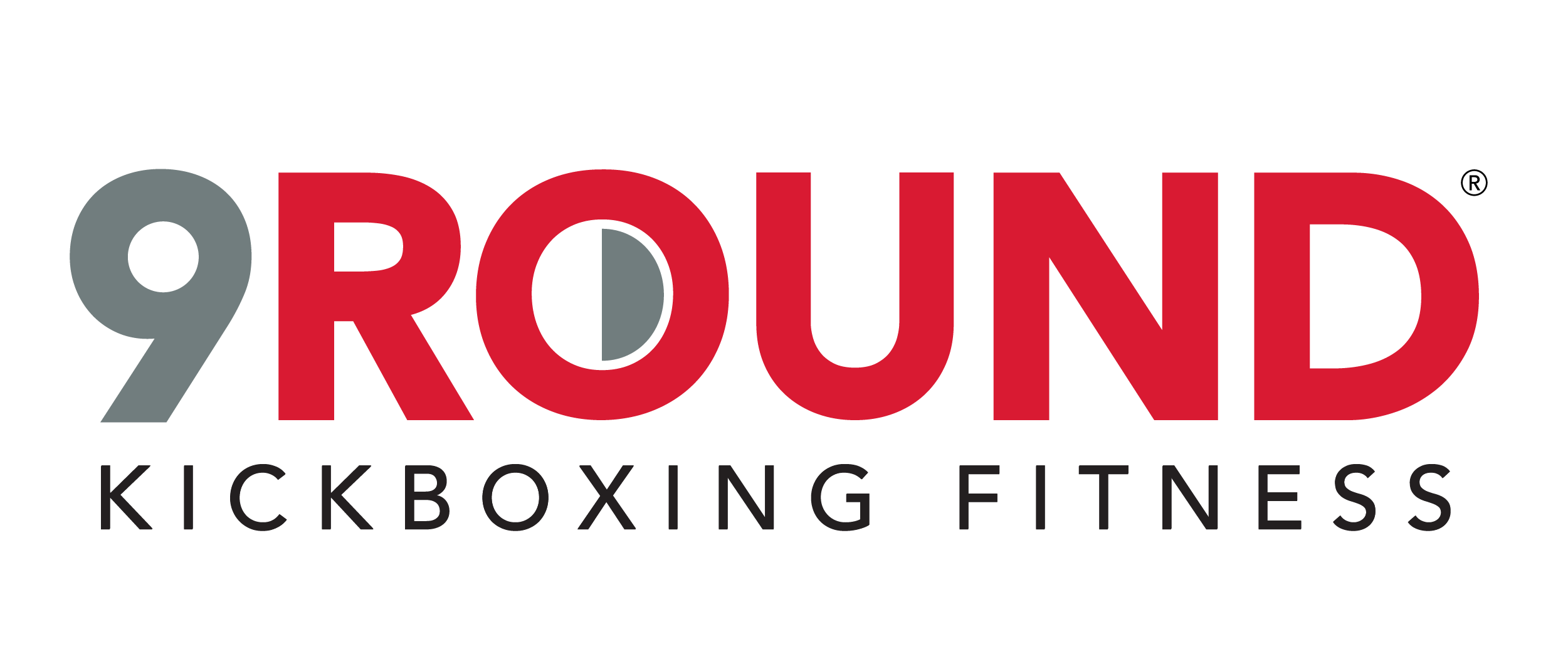Living in harmony with the seasons isn't just about wellbeing—it's about making smart, sustainable...
Discover 30 Delicious and Healthy Recipes for Your Meal Plan
Embark on a culinary journey with these 30 delicious and nutritious recipes that will elevate your meal plan to a whole new level.
The Benefits of Cooking Healthy Meals
Cooking healthy meals offers numerous benefits for your overall well-being. By preparing your own meals, you have control over the ingredients you use, ensuring that you consume nutritious and wholesome foods. This can help you maintain a healthy weight, boost your energy levels, and improve your digestion. Additionally, cooking at home allows you to experiment with different flavors and cooking techniques, making meals more enjoyable and satisfying.
Furthermore, cooking healthy meals can save you money in the long run. Eating out or ordering takeout regularly can be expensive, whereas cooking at home is often more cost-effective. By planning and preparing your meals in advance, you can also reduce food waste and make the most of your ingredients.
Lastly, cooking healthy meals provides an opportunity to bond with loved ones. Involve your family or friends in the cooking process, creating a fun and interactive experience. By sharing meals together, you can strengthen relationships and create lasting memories.
Swipe our recipe books here (they come complete with a meal planner and shopping list)
Exploring 30 Nutritious and Tasty Recipes
In this collection, you will find a variety of 30 delicious and nutritious recipes to add to your meal plan. Each recipe has been carefully selected to provide a balance of nutrients while tantalizing your taste buds.
Whether you're in the mood for a hearty breakfast, a satisfying lunch, or a flavorful dinner, there's something for everyone. From vibrant salads and comforting soups to wholesome grain bowls and protein-packed main courses, these recipes will keep you inspired and motivated to eat healthily.
Get ready to explore new flavors and textures as you embark on this culinary journey. You'll discover creative ways to incorporate more fruits, vegetables, whole grains, and lean proteins into your diet, making mealtime both nutritious and enjoyable.
Essential Tips for Successful Meal Prep
Meal prep is a game-changer when it comes to maintaining a healthy eating routine. By dedicating some time each week to prepare your meals in advance, you can save time, reduce stress, and make healthier choices throughout the week.
Here are some essential tips for successful meal prep:
- Plan your meals: Take some time to plan your meals for the week, including breakfast, lunch, dinner, and snacks. Consider your schedule and choose recipes that are convenient and easy to prepare.
- Make a shopping list: Once you've planned your meals, create a shopping list with all the ingredients you'll need. This will help you stay organized and ensure you have everything on hand when it's time to cook.
- Cook in batches: Prepare larger quantities of food and divide them into individual portions. This allows you to have ready-to-eat meals or ingredients that can be quickly assembled into a nutritious dish.
- Use proper storage containers: Invest in good-quality, airtight containers that are suitable for storing different types of food. This will help keep your meals fresh and maintain their flavors.
- Label and date your meals: To stay organized, label each container with the name of the dish and the date it was prepared. This will help you keep track of freshness and avoid any food waste.
By following these tips, you'll streamline your meal prep process and set yourself up for a successful week of healthy eating.
Building a Healthy Shopping List
A well-planned shopping list is key to ensuring you have all the ingredients you need for your healthy meals. Here are some tips for building a healthy shopping list:
- Plan your meals in advance: Before heading to the grocery store, plan your meals for the week. This will help you determine what ingredients you need and avoid any last-minute unhealthy food choices.
- Include a variety of fruits and vegetables: Aim to include a colorful array of fruits and vegetables in your shopping list. This will ensure you're getting a wide range of vitamins, minerals, and antioxidants.
- Opt for lean proteins: Choose lean sources of protein, such as skinless chicken breast, fish, tofu, or legumes. These options are low in saturated fat and rich in essential amino acids.
- Choose whole grains: Instead of refined grains, opt for whole grains like quinoa, brown rice, or whole wheat bread. These provide more fiber and nutrients, keeping you fuller for longer.
- Don't forget healthy fats: Include sources of healthy fats in your shopping list, such as avocados, nuts, seeds, and olive oil. These fats are important for brain health and nutrient absorption.
- Read food labels: When purchasing packaged foods, read the labels to check for added sugars, sodium, and artificial additives. Choose options with minimal ingredients and no added sugars.
By following these tips and sticking to your shopping list, you'll be well-equipped to prepare nutritious meals and snacks throughout the week.




